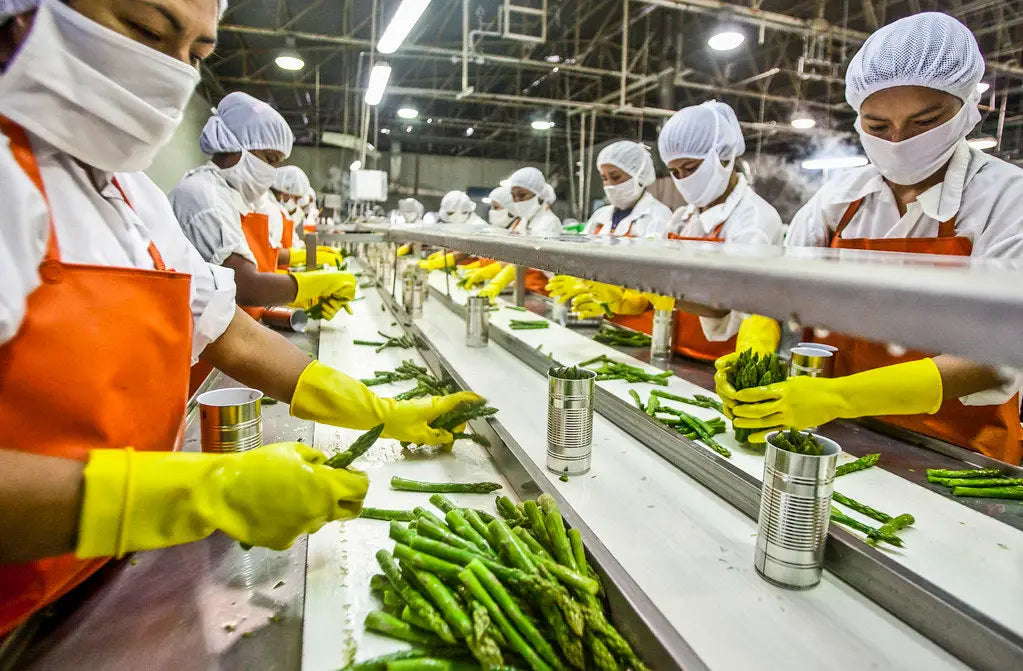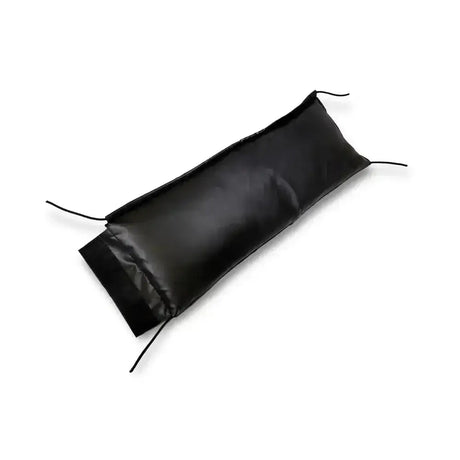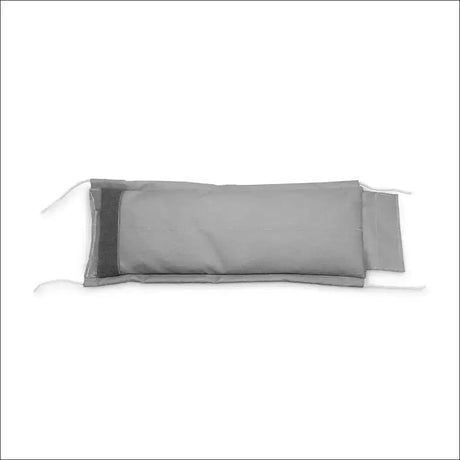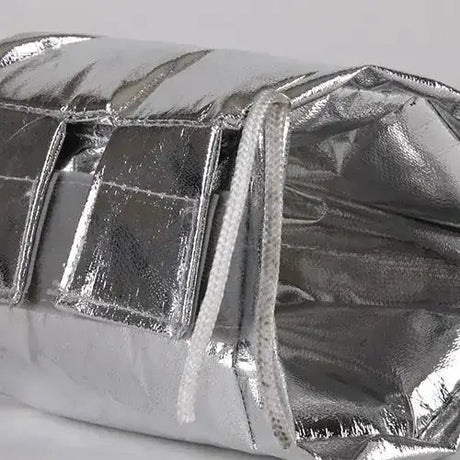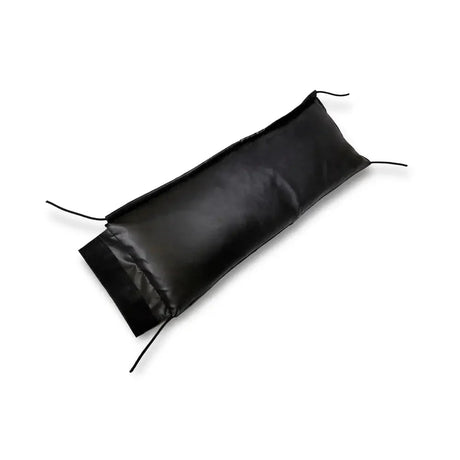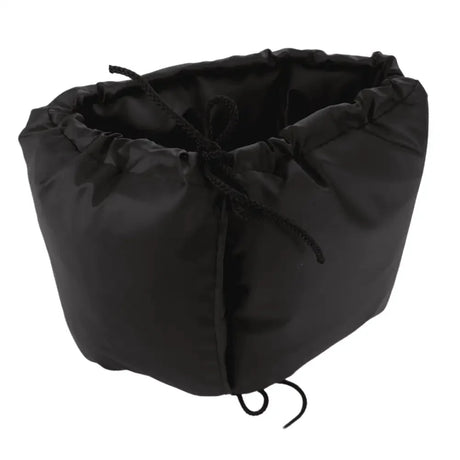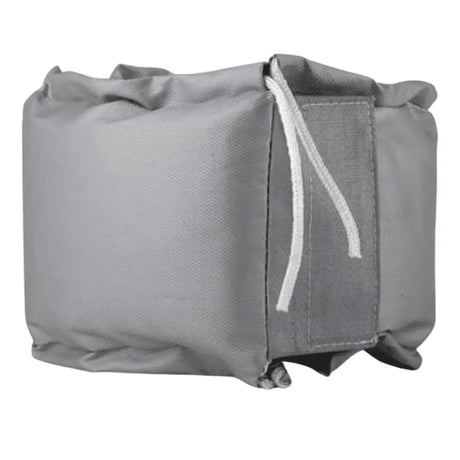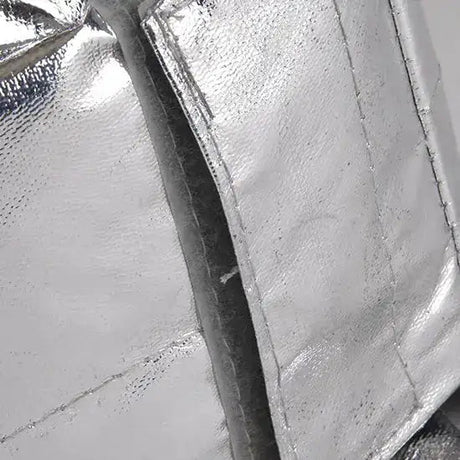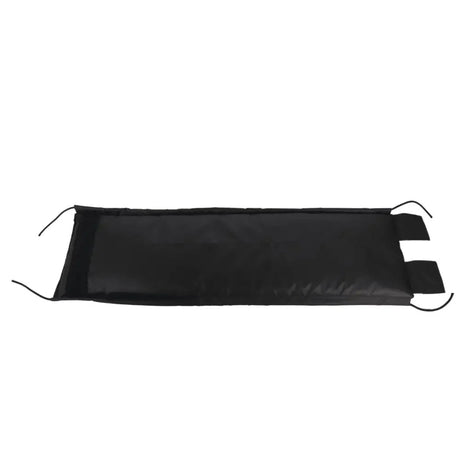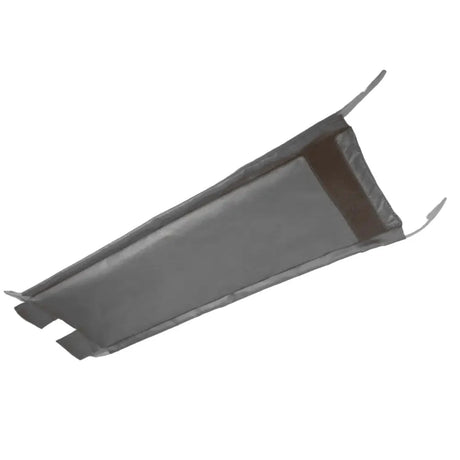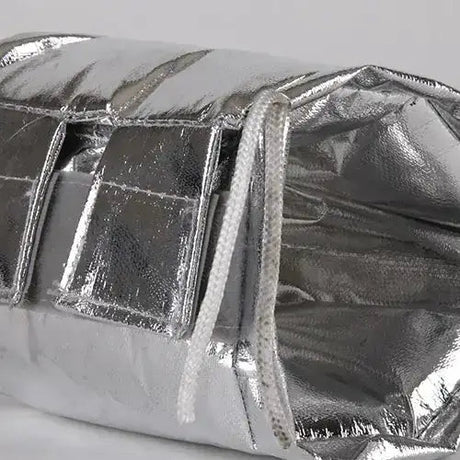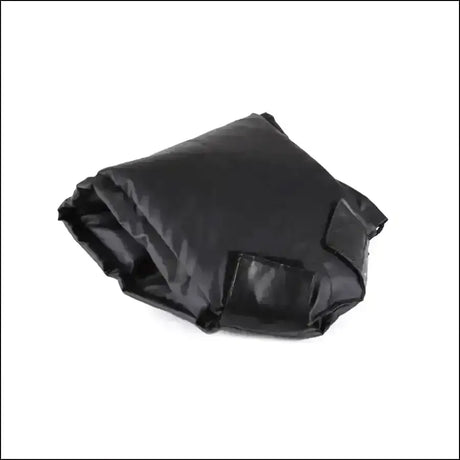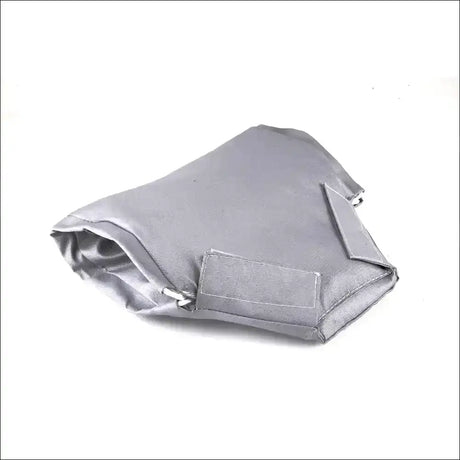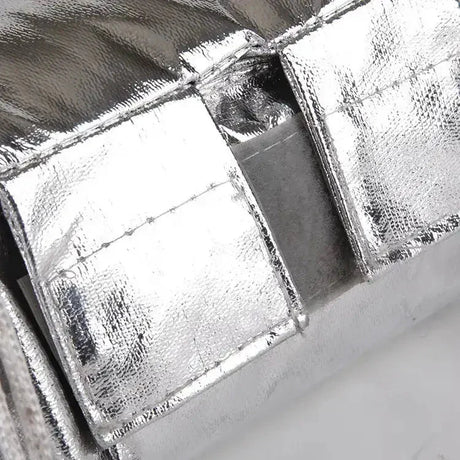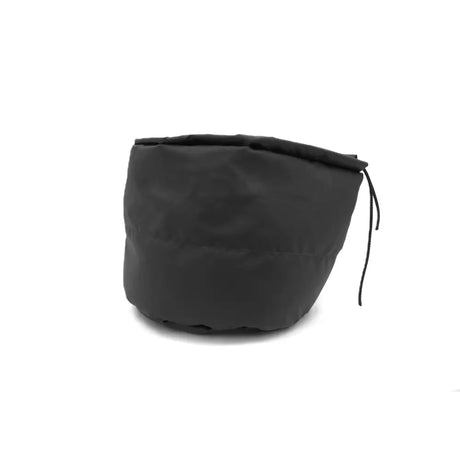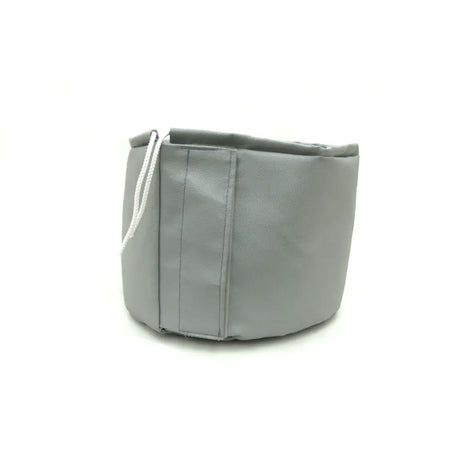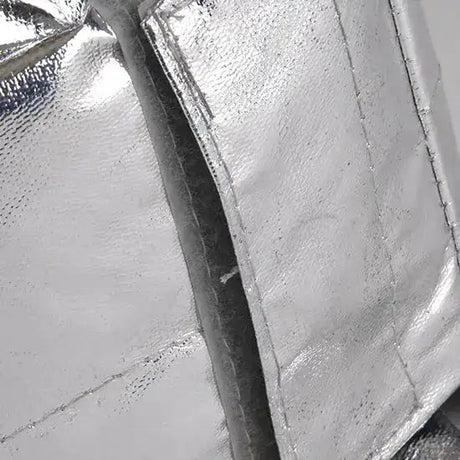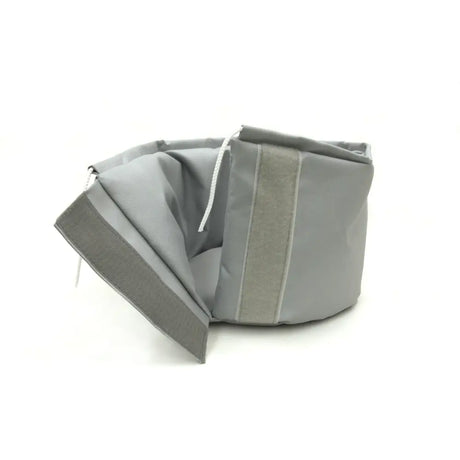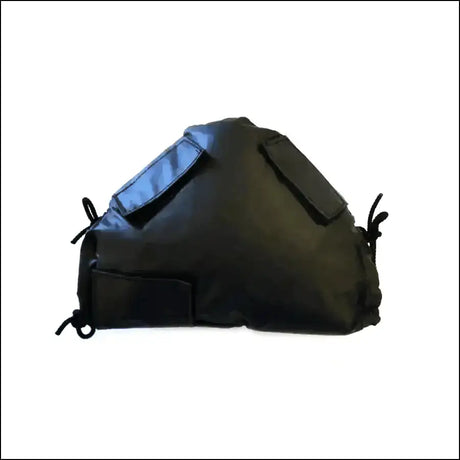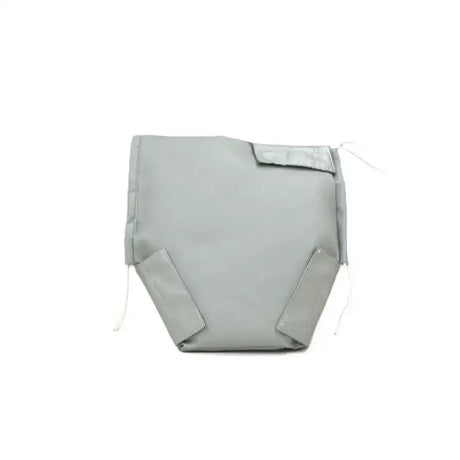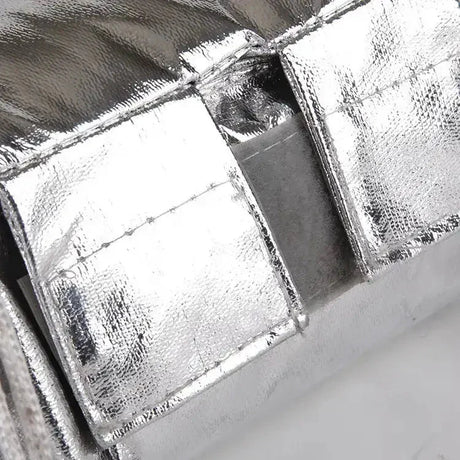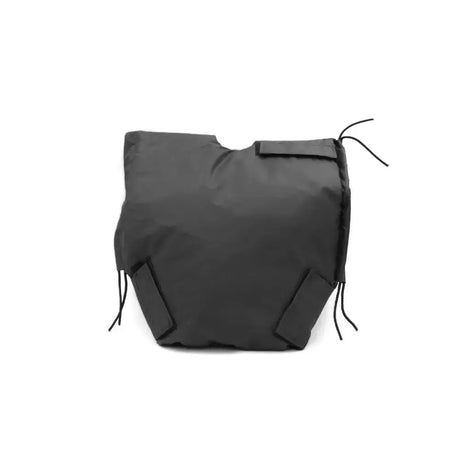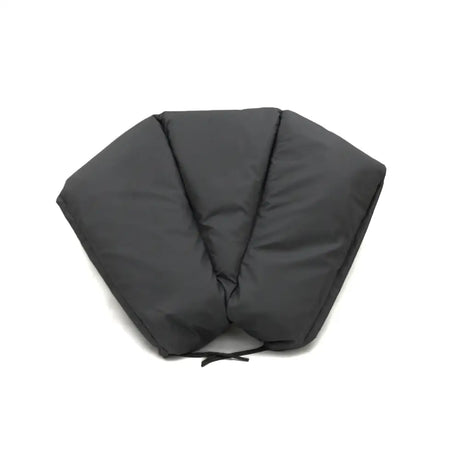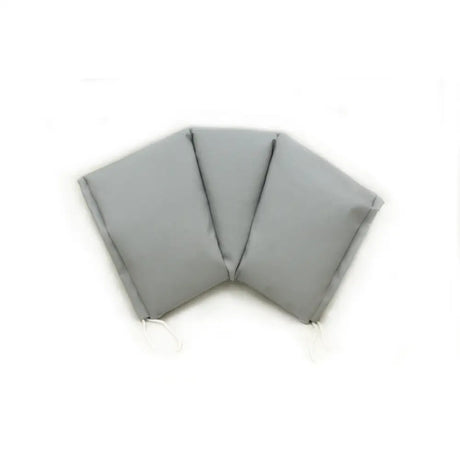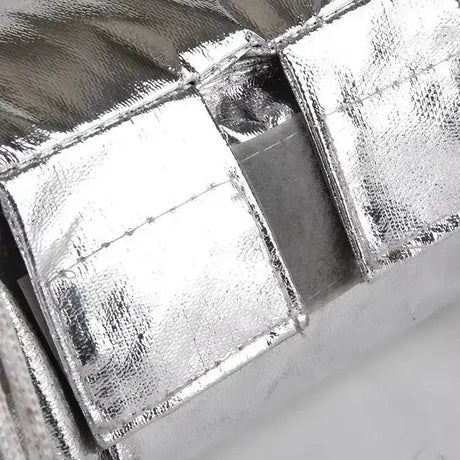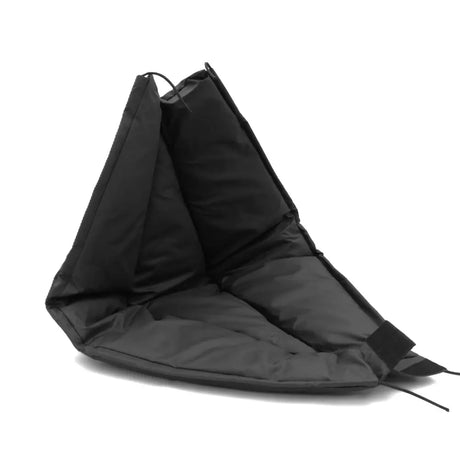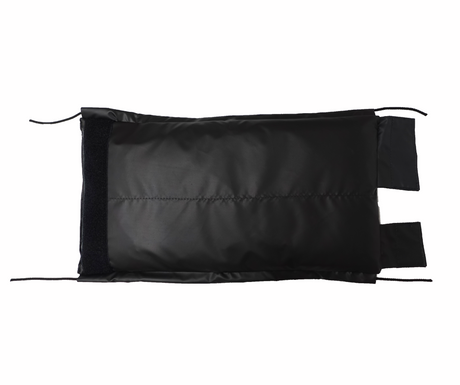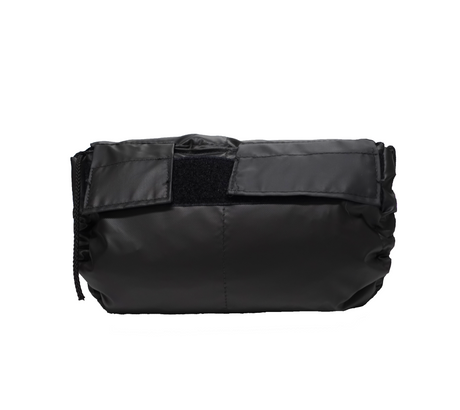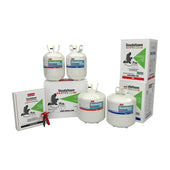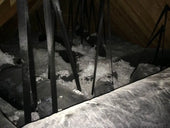Isogenopak is a highly efficient and cost-effective solution for insulating pipes and ducts in various industrial applications. One of its key features is its antistatic properties, making it an ideal choice for food and beverage processing facilities. In this blog post, we'll take a closer look at how Isogenopak provides a safe and reliable insulation solution for these environments.
The food and beverage industry is highly regulated and requires strict standards of hygiene and safety to be met. One of the key criteria for insulation materials used in these facilities is that they be antistatic in nature. This is to prevent the buildup of static electricity that can attract dust, dirt, and other particles, which can lead to contamination of the food products.
Static electricity can be a serious problem in food and beverage processing facilities, as it can cause food particles to adhere to the walls and surfaces of the insulation materials. This not only affects the appearance of the food, but can also reduce its quality, leading to customer complaints and decreased profits. In addition, static electricity can also pose a fire risk, particularly in facilities where flammable liquids or gases are used.
To combat these problems, food and beverage processing facilities often choose to use antistatic insulation materials, such as Isogenopak. This material is made from rigid PVC, which is a highly durable and resistant material. It has an inherent curl that allows it to be easily wrapped around spiral ductwork and it is easy to install on circular ductwork, making it a cost-effective solution for food and beverage processing facilities.
One of the key benefits of Isogenopak is its antistatic properties, which prevent the buildup of static electricity and ensure that food and beverage products remain free from contamination. Its high emissivity of 97% (ISO 10292) also helps to regulate the temperature of the facility, providing a stable environment for food processing.
In addition, Isogenopak is also resistant to many common chemicals used in the food and beverage industry, including chlorine, nitrogen, and hydrogen. This makes it ideal for use in facilities that produce and process food and beverages, as it provides a safe and hygienic environment for workers and customers alike.
In conclusion, the use of Isogenopak as an antistatic insulation material in food and beverage processing facilities is a smart choice. Its antistatic properties, high emissivity, and chemical resistance make it an ideal solution for ensuring that food and beverage products remain free from contamination and are of the highest quality.

